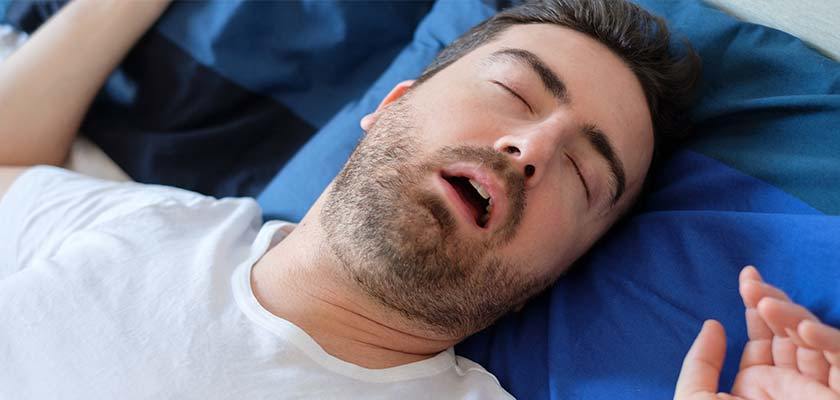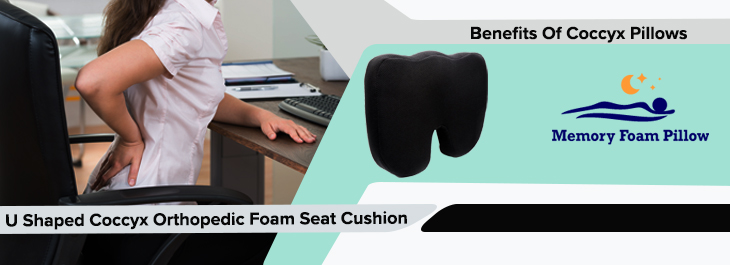
Sleep Apnea Treatment without CPP Machine
If you suffer from sleep apnea (स्लीप एपनिया), you know all too well how disruptive it can be. Not only is it difficult to get a good night’s sleep, but the condition can also lead to other health problems down the line. Fortunately, there are treatments available that don’t require use of a CPP Machine. In this article, we’ll tell you about two of these treatments and what you need to do to try them out.
What is Sleep Apnea?
Sleep apnea (स्लीप एपनिया) is a sleep disorder in which the person stops breathing for several seconds at a time during sleep. This can cause mood swings, headaches, and other problems. CPP machines are used to treat sleep apnea. The CPP machine uses a series of loud beeps to wake you up if your breathing stops.
Types of Sleep Apnea
Sleep apnea is a common sleep disorder in which breathing stops and starts repeatedly during sleep. This can cause fatigue, morning headaches, and decreased daytime productivity. There are many different types of sleep apnea, and each requires a different treatment plan.
There are three main types of sleep apnea: obstructive, central, and mixed. Obstructive sleep apnea is the most common type and is caused by a blockage in the airway during sleep. Central sleep apnea is caused by an increase in blood flow to the brain during sleep, which causes breathing to stop. Mixed sleep apnea is a combination of both obstructive and central sleep apnea.
Each type of sleep apnea requires a different treatment approach. Obstructive sleep apnea patients will typically require an overnight CPAP machine to help them breathe properly during sleep. Central sleep apnea patients may need nasal Continuous Positive Airway Pressure (CPAP) Machines or a special mask that helps keep their airway open at night. Mixed sleep apnea patients will usually require both treatments – an overnight CPAP machine to help them breathe properly and a special mask or nasal Continuous Positive Airway Pressure (CPAP) Machine during the day to keep
How to Diagnose Sleep Apnea
The most effective way to treat sleep apnea is with a CPAP machine. However, some people do not want or cannot use a CPAP machine. In these cases, treatment options include using a Meadows device or snore therapy. These treatments are more difficult to use but have been shown to be as effective as CPAP machines in treating sleep apnea. If you think you may have sleep apnea, talk to your doctor about your options for diagnosis and treatment.
The Different treatments for Sleep Apnea
Sleep apnea is a common condition that can be treat with various treatments. These treatments include wearing a CPAP machine, using a mouthguard, or using a nasal strip. Each of these treatments has its own benefits and drawbacks.
CPAP machines are the most common treatment for sleep apnea. They are effective in treating the condition and allow people to sleep without being interrupted by episodes of breathing problems. However, they can be expensive and may require regular maintenance. Mouthguards are also an effective treatment for sleep apnea. They work by stopping the flow of air from your mouth into your nose. This stops breathing problems from occurring. However, they can be uncomfortable and may require daily wear. Nasal strips are another option for treating sleep apnea. They are insert into the nose and attach to the back of your throat. This blocks airflow into your nose, which stops breathing problems from occurring. However, nasal strips have limited benefits and may not be effective in all cases.
Side Effects of Treatment for Sleep Apnea
Sleep apnea is cause by the intermittent stoppages of breathing during sleep. These episodes occur when the airway becomes blocked or when the person’s mouth falls open while they are sleeping.
There are many different treatments for sleep apnea, but only a few work well without the use of a cpap machine. These treatments include oral appliances, nasal continuous positive airway pressure (ncpap) machines, and non-invasive ventilation (NIV).
The most common side effects of treatment for sleep apnea are snoring, fatigue, and morning headaches. Other side effects may include: dry mouth, constipation, excessive daytime sleepiness, mood swings, and memory problems. If you are considering treatment for sleep apnea, discuss your symptoms with your doctor. He or she can recommend the best treatment for you based on your individual situation.
Conclusion
If you are suffering from sleep apnea, or stop breathing during sleep, then you know just how disruptive it can be. Fortunately, there are a number of treatments available that don’t require the use of a CPAP machine. Some of these treatments include wearing a mouthpiece at night and using an inhaler to help keep your airways open. If you are looking for an affordable and effective solution to your sleep apnea problem, then consider one of the many options available without resorting to using a CPAP machine.


